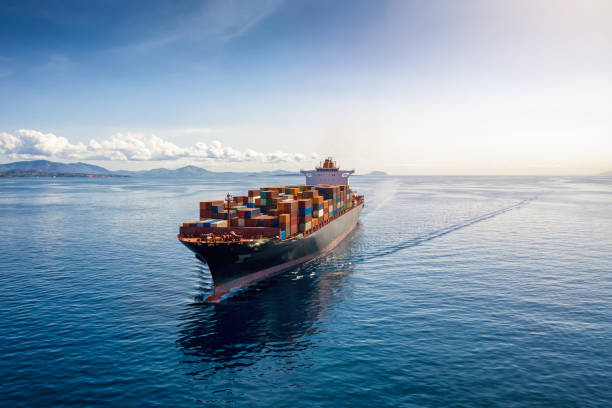Deciphering the Subtleties of Maritime Law: A Modern Examination
Maritime law, an intricate and often overlooked branch of legal studies, serves as the backbone of international trade and shipping movements. This article delves deep into the realm of maritime law, tracing its historical roots, analyzing its present-day relevance, and discussing its profound impact on global society.

A Voyaging Through History: The Genesis of Maritime Law
Maritime law, also known as admiralty law, can trace its origins back to ancient times. The Greeks, Romans, Phoenicians, and other seafaring civilizations developed primitive forms of maritime rules to govern their sea trade. These ancient laws were primarily customary and served as a precursor to the more sophisticated legal structures we see today.
In the Middle Ages, the maritime law evolved further, with significant contributions from the Hanseatic League. This powerful confederation of merchant guilds and market towns in Northwestern and Central Europe drafted the “Hanseatic Sea Law,” a comprehensive code that addressed a wide range of maritime issues.
Current Tides: Modern-day Maritime Law
In the contemporary world, maritime law has become a complex field encompassing a web of international treaties, national laws, and industry practices. Key issues addressed by maritime law include shipping contracts, marine insurance, carriage of goods by sea, maritime pollution, and piracy.
One of the most significant developments in recent years is the United Nations Convention on the Law of the Sea (UNCLOS), adopted in 1982. This treaty, often referred to as the “constitution for the oceans,” outlines the legal framework through which nations can use the world’s seas and oceans.
The Ripple Effect: Implications of Maritime Law
Maritime law’s impact extends far beyond the confines of the sea. It plays a crucial role in facilitating international trade, which forms the backbone of the global economy. By providing a stable legal framework, maritime law ensures the smooth flow of goods across the globe, contributing to economic development and prosperity.
Moreover, maritime law is critical for preserving marine environments. It sets strict regulations to prevent maritime pollution, helping to protect our oceans’ health and biodiversity.
Navigating the Future: Emerging Challenges and Opportunities
The maritime law domain is continually evolving, shaped by emerging challenges and opportunities. One such challenge is the increasing concern over climate change and its implications for maritime transport. Rising sea levels and more extreme weather events are likely to pose significant risks to shipping, requiring maritime law to adapt and evolve.
Another area of growth is the rise of autonomous ships. This new technology promises to revolutionize the shipping industry, but it also raises complex legal questions about liability and regulation that maritime law will need to address.
Conclusion
Maritime law, while often overshadowed by other areas of law, holds significant importance in our interconnected world. Its ability to adapt to new challenges and continue facilitating global trade and marine conservation underscores its enduring relevance. As we sail into the future, the tides of maritime law will continue to shape our global society in profound ways.




